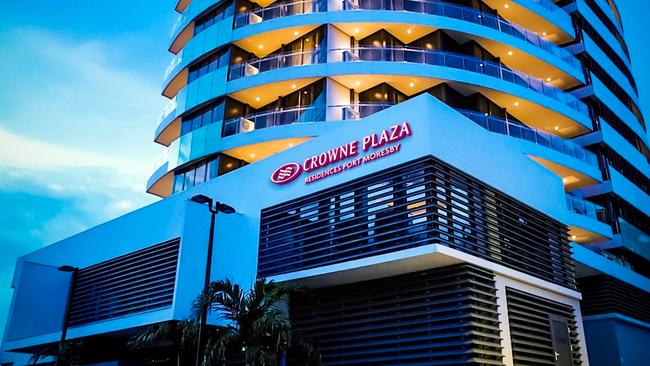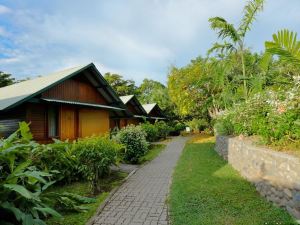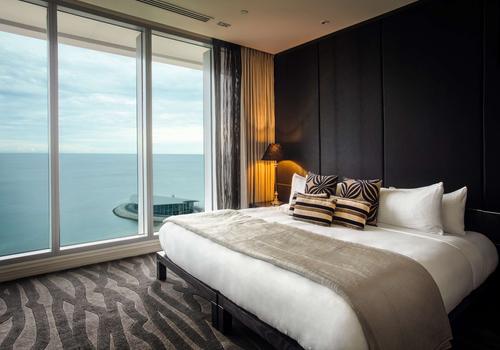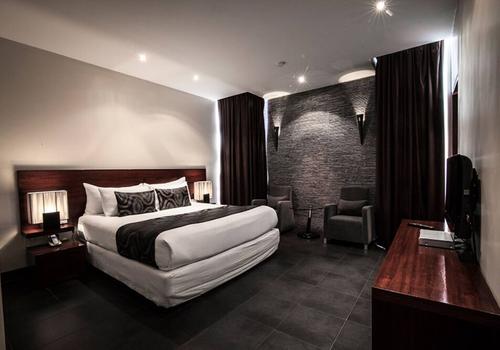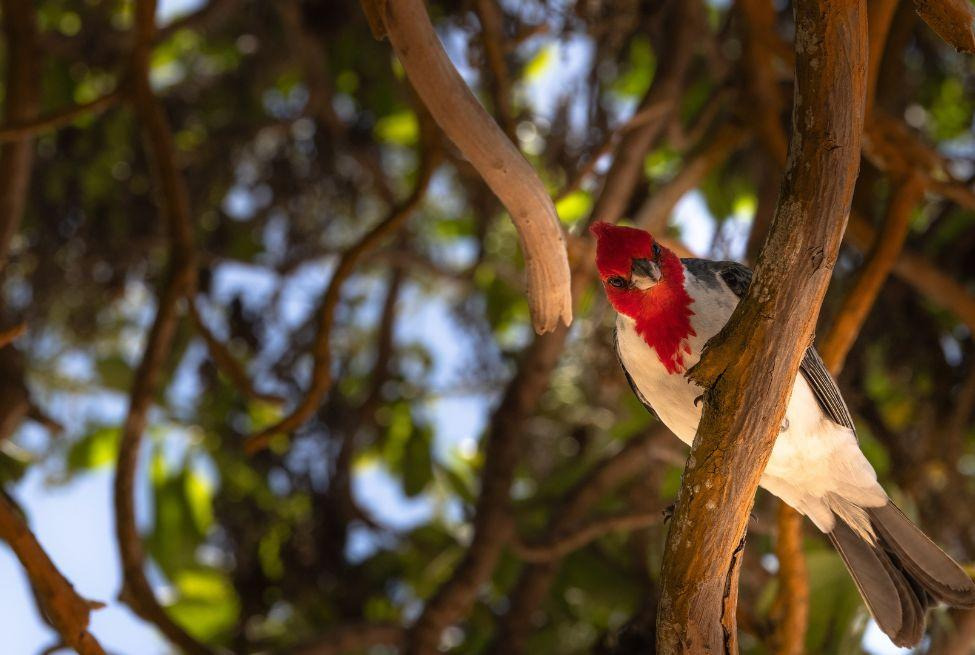Traveling to Papua New Guinea PNG), a land steeped in cultural richness and natural splendor, requires not only an adventurous spirit but also practical knowledge about its monetary system. Understanding the local currency and effective money management is crucial for a seamless and enjoyable travel experience. This article provides essential information on PNG’s currency, along with tips on managing finances while exploring this fascinating country.
What is the local currency, and how should I manage money while there? Knowing about the local currency and money management is vital for smooth travel experiences.
Understanding Papua New Guinea’s Currency
The official currency of Papua New Guinea is the Papua New Guinean Kina PGK). The Kina is subdivided into 100 toea. Currency comes in both coins toea and banknotes kina). Being familiar with the local currency and its denominations is important for everyday transactions.
Exchanging Money
- Currency Exchange: Foreign currency can be exchanged at banks, airports, and major hotels. The most widely accepted currencies are the Australian Dollar, US Dollar, and Euro. It’s advisable to exchange some money upon arrival for immediate needs.
- Exchange Rates: Be aware of the current exchange rates. Rates can fluctuate, so using a reliable currency conversion tool can help you understand how much money you’re spending.
Using Cash and Cards
- Cash is King: In PNG, cash is the most widely accepted form of payment, especially in rural and remote areas. Carrying sufficient cash is essential as access to ATMs and credit card facilities can be limited outside of major cities.
- ATM Access: ATMs are available in urban areas and at airports, but their presence decreases significantly in less populated areas. When traveling to remote locations, ensure you have enough cash, as ATM access may not be available.
- Credit Card Usage: Major hotels, restaurants, and some shops in cities accept credit cards, primarily Visa and Mastercard. However, it’s advisable to always have cash as a backup, particularly in less touristy and rural areas.
Budgeting and Expenses
- Planning a Budget: Research and plan your budget according to your itinerary. Accommodation, food, transportation, and activities vary in cost, so having a budget plan helps in managing finances efficiently.
- Cost of Living: The cost of living can vary significantly between urban and rural areas. Generally, cities are more expensive, while rural areas offer cheaper options for food and accommodation.
Safety and Precautions
- Safeguarding Money: As with traveling anywhere, it’s important to safeguard your money. Use hotel safes, money belts, or hidden pouches to keep your cash secure.
- Avoid Large Amounts of Cash: Carry only the amount of cash you might need for the day to minimize loss or theft.
- Inform Your Bank: Before traveling, inform your bank of your travel plans to avoid any freezing of your cards due to unusual foreign transactions.
Conclusion
Managing money effectively in Papua New Guinea requires a balance of preparation and awareness. Familiarizing yourself with the local currency, understanding where and how to access and use your money, and taking precautions to keep your finances secure are all key elements to a hassle-free experience. With these considerations in mind, you can immerse yourself in the rich experiences that Papua New Guinea has to offer, without the worry of financial hiccups.




